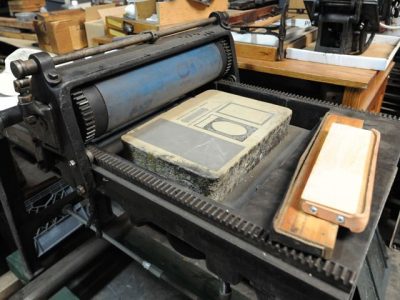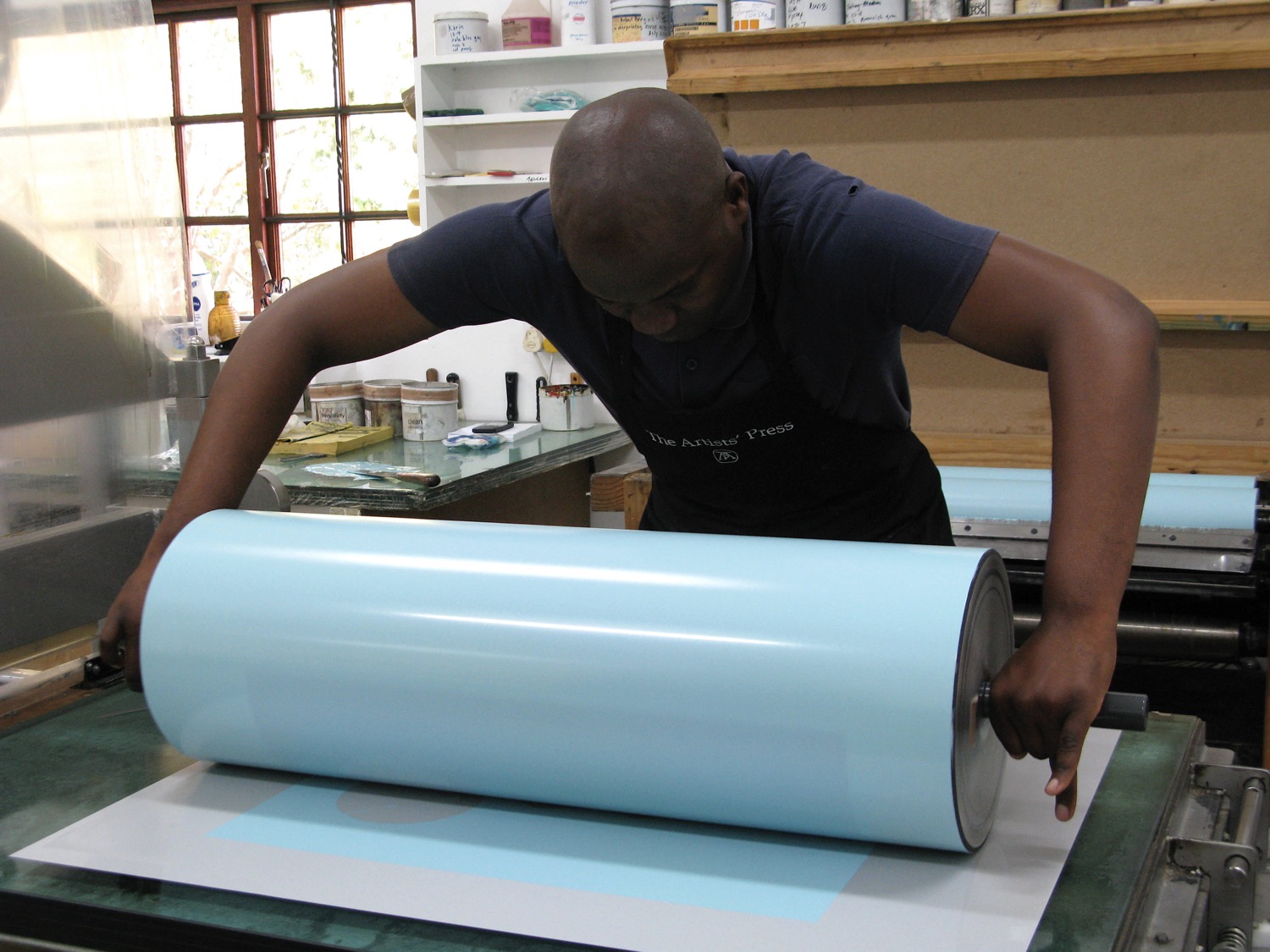litho printing for Magazines, Leaflets, and Pamphlets
Wiki Article
A Comprehensive Overview to Understanding Litho Printing Strategies
The globe of litho printing, a technique stemming from the late 18th century, is an interesting mix of history, technology, art and science. This comprehensive overview will decipher the complexities of this printing method, from the make-up of litho inks to the challenges encountered in contemporary applications. As we venture right into the intricacies of lithography, the value of automation and sustainability in ensuring its future importance ends up being progressively clear. Remain with us as we trip into the exciting realm of litho printing.The Historic Development of Litho Printing
The historical trajectory of litho printing, a pivotal innovation in the world of interaction, is an exciting story of human resourcefulness. The process advanced with the advent of the rotating press, which substantially boosted performance. Each phase of litho printing's advancement showcases humankind's ruthless search of efficiency and high quality in aesthetic interaction.Deciphering the Scientific Research Behind Litho Printing Inks
Moving on in the expedition of litho printing methods, the emphasis currently moves to the scientific research behind litho printing inks. The make-up of these inks, their drying out process, and color mixing strategies create the backbone of this intricate art kind. Understanding these elements is critical to mastering the craft and achieving the wanted print results.Make-up of Litho Inks
In lithographic printing, the fundamental function of litho inks can not be overemphasized. Pigments, the color-providing elements, are finely ground bits put on hold in the automobile, a liquid that carries the pigment onto the printing surface. Each component plays a vital part in the last print's quality, making the specific solution of litho inks an intricate scientific research.Ink Drying Refine
From the structure of litho inks, interest transforms to the fascinating procedure of ink drying. Two primary methods are used in litho printing: oxidative drying out and absorption. Absorption, on the other hand, involves the ink leaking into the paper fibers, which is a much faster procedure yet can lead to less dynamic shades.Color Mixing Techniques
While the drying process plays an essential role in litho printing, the science of color mixing techniques holds equivalent significance. This is a complex procedure that involves the mindful blending of primaries: cyan, magenta, and yellow, in varying proportions to attain a wide array of tones. The addition of black ink, referred to as 'crucial', assists in controling the intensity and deepness of the colors. The scientific research behind litho printing inks additionally takes into consideration the openness of the ink, which affects exactly how colors overlay and mix. To achieve an efficient color mix, print experts must also comprehend the complexities of ink behavior, color concept, and the physical properties of the substratum on which the ink is used.The Art and Design Aspects in Litho Printing
Litho printing takes a breath life into art and design via its unique aspects. The procedure involves developing an image on a lithographic limestone plate or steel plate with a smooth surface area. The image is then printed onto a tool, generally paper, by transferring the ink from the plate. What sets litho printing apart is its ability to duplicate complex layouts with high fidelity, making the output practically the same to the initial artwork. This is achieved with using different line methods such as cross-hatching, stippling, and hatching, which enable a series of tonal results. In addition, litho printing suits a selection of shades, enabling musicians to produce vibrant and vivid prints. This mix of precision and flexibility makes litho printing a recommended selection for several artists and designers.Modern Applications of Litho Printing Techniques
Litho printing discover this methods have actually located extensive usage in the contemporary commercial market. Its influence and value continue to expand with the arrival of new technologies and modern technologies in the field. This area will check out these contemporary applications and the transformative function they play in the printing sector.
Commercial Litho Printing Utilizes
Litho printing remains an essential part of the industrial market. High-volume printing jobs, such as the production of publications, papers, and product packaging, count on litho printing for its capacity to supply superior image high quality and expense effectiveness. Litho printing likewise offers a broad shade spectrum, superior to that of electronic printing.Innovations in Litho Printing
Pressing the boundaries of her comment is here standard techniques, modern-day developments have actually fueled a host of developments in litho printing. One noticeable advancement is electronic litho printing, which combines the merits of electronic innovation with litho's high-quality outcome. These innovations highlight the long-lasting relevance of litho pop over to these guys printing in the modern globe.Exploring the Refine of Litho Printing: Detailed

Challenges and Solutions in Contemporary Litho Printing

In spite of the accuracy and practice that litho printing proudly supports, it is not without its set of modern challenges. Digital litho printing enables for cost-efficient short runs and simple modification, dealing with the concern of variable information. Hence, while there are challenges, the litho printing market is proactively adjusting to satisfy them head-on, ensuring its importance in the future.
Conclusion
In verdict, litho printing, with its rich background and scientific intricacies, holds a substantial area in the print market. The future of litho printing pivots on its ability to adapt to these transforming demands, verifying its long-lasting value in a developing market.
Report this wiki page